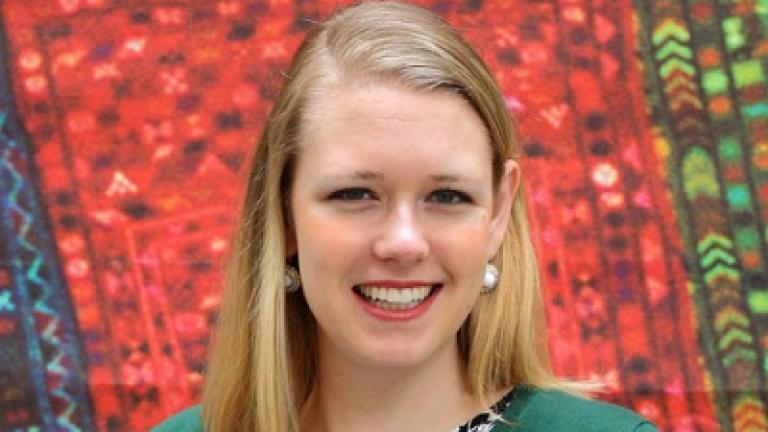
Tuesday, November 10, 2020
3:30-4:30 pm ET
Register
Our societal dependence on car ownership and use contributes to the unsustainability of the transport sector with far-reaching consequences, including traffic congestion, road deaths, urban air pollution, and greenhouse gas emissions. For households, car ownership is expensive and our cars are sitting idle more than 90% of the time. Yet, the vast majority of people in the U.S. still choose to own cars. Why don’t we choose to share vehicles—as many advocates of Mobility-as-a-Service (MaaS) promote—in order to avoid the upfront cost of purchasing a vehicle, pay only for what we use, and free up space in our cities? The dominant explanation has been that we systematically underestimate the true cost of car ownership, which implies that more of us would choose to forego car ownership if this mental accounting were corrected. This research suggests an alternative explanation: that people value their cars more than they cost.
In this talk, Joanna Moody, Research Program Manager at the Mobility Systems Center, an MIT Energy Initiative Low-Carbon Energy Center, will present results from a survey deployed in four U.S. cities—Chicago, IL; Dallas, TX; Seattle, WA; and Washington, D.C.—in which Moody and fellow researchers asked respondents how much compensation they would need to receive to lose access to their car for one year. From these results, Moody estimates the value of owning a car (including convenience, flexibility, control, and status that comes from having one’s own car) separate from the utility of using a car. She then compares these valuations to the costs of car ownership in the U.S.
About the speaker
Joanna Moody is the research program manager for the Mobility Systems Center, an MIT Energy Initiative Low-Carbon Energy Center. As a co-PI on one of the Center’s first projects, she is exploring how Mobility-as-a-Service (MaaS) might compete with current habits of private car ownership and use in the U.S. More generally, Moody's research focuses on how individual decisions by policy makers and consumers will shape the use of new transportation technologies and services that challenge the existing paradigm of reliance on gasoline-powered, single-occupancy, privately-owned vehicles, and how these impacts vary across international urban contexts. Moody received her PhD in transportation from MIT in 2019 for her work on “car pride” and its impacts on car ownership and use.






